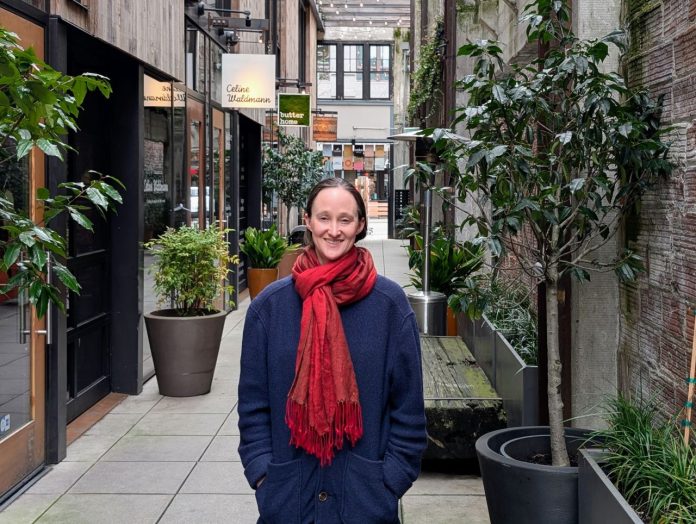
Friday’s ballot drop was favorable to progressive challenger Katie Wilson in Seattle’s nailbiter mayoral election. She now trails Mayor Bruce Harrell by just 1.9 points or 4,300 votes. Winning nearly 55% of today’s batch, Wilson trimmed the gap 5,608 votes from Thursday’s count, with at least 49,800 ballots remaining to be counted.
If she continues to claim 55% of remaining ballots, Wilson would mathematically be on course to win this election in a dramatic comeback.
“We’re on the right track,” Wilson wrote in a campaign statement. “Today we won about 55% of the newly counted ballots. We are within 2% of the incumbent. If the drop on Monday follows the same trajectory, we will be squarely ahead.”
We’re on the right track! Make sure you track your ballot to confirm it is accepted, NOT challenged. Check our links in bio to do so! More votes will be counted on Monday!
— Katie Wilson for Seattle (@wilsonforseattle.bsky.social) November 7, 2025 at 4:32 PM
[image or embed]
Harrell claimed a seven-point lead on election night, when about 118,000 ballots were tabulated, largely from people who voted early. Ultimately, election officials are expected to count more than 280,000 ballots in the hotly contested Seattle race.
That means less than half of Seattle ballots were counted on election night — about 42%. Thus, those later counts will end up being more pivotal than the first drop.
Harrell also won Wednesday’s ballot count, expanding his lead to 8 points. However, Wilson turned the tides in Thursday’s count, narrowing the gap to 5.7 points. Wilson grabbed 51.6% of Thursday’s batch, but won an even greater share Friday with 54.8%.
Harrell is still ahead by 4,300 votes. That lead was cut down by 5,608 votes in today’s count, down from a 9,908 vote lead yesterday.
— The Urbanist (@theurbanist.org) November 7, 2025 at 3:52 PM
It’s a common pattern for Seattle elections: younger and more progressive leaning voters often wait until the last minute to turn in their ballots. Earlier voters skew older and more conservative, which often makes it appear like centrist candidates are going to win based on election night results. However, progressive often gain significant ground as late returns are counted later in the week.
Among the notable progressive surges from election night to final results include Kshama Sawant 13-point swing in 2019. Even in a losing effort against Harrell in 2021, Lorena González’s final margin narrowed 12 points from election night. Teresa Mosqueda gained 13 points in the same election. In 2017, mayoral candidate Cary Moon gained 8 points on Jenny Durkan by the time final results were certified.
As with election results, the mayoral race has been hotly contested in endorsements and has a cleaved a number of constituencies, including labor and transportation groups. The Urbanist Elections Committee (of which I am a member), Transit Riders Union (which Wilson founded and long led), Seattle Bike Blog, and Seattle Subway endorsed Wilson. However, WA Bikes and Transportation for Washington endorsed Harrell — the two groups are the campaign arms of Cascade Bicycle Club and Transportation Choices Coalition, respectively, and two of the state’s largest transportation advocacy groups.
The race could plausibly end up being so close that it’s in recount territory. Both campaigns have already pledged ballot curing efforts.
“Make sure you track your ballot to confirm it is accepted, NOT challenged,” the Wilson campaign said in a Bluesky post. “Check our links in bio to do so! More votes will be counted on Monday!”
Harrell sent out a similar message to supporters on Wednesday, including a fundraising ask to fund the ballot chasing effort.
“Thanks to your support, we’re in a strong position right now, but make no mistake, this race is too close to call,” Harrell’s campaign wrote. “We need a robust ballot-chasing operation in place to track, follow up, and secure those votes.”
The next ballot drop on Monday afternoon will be closely watched.
Doug Trumm is publisher of The Urbanist. An Urbanist writer since 2015, he dreams of pedestrian streets, bus lanes, and a mass-timber building spree to end our housing crisis. He graduated from the Evans School of Public Policy and Governance at the University of Washington in 2019. He lives in Seattle's Fremont neighborhood and loves to explore the city by foot and by bike.


